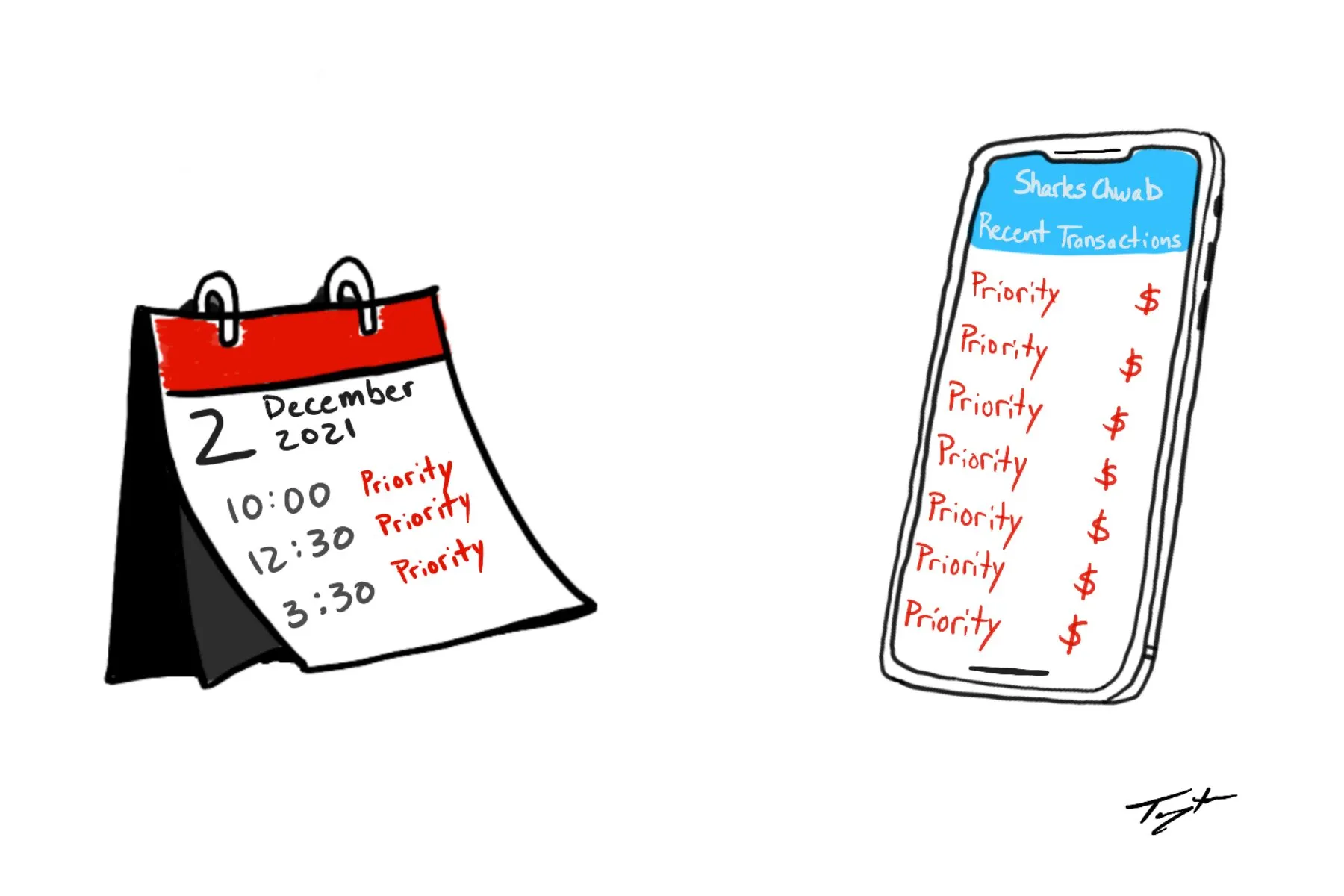Life insurance is a hot topic in the world of personal finance & TikTok right now.
But in this article, we’re not talking about the kind of life insurance that salesman shill incessantly.. we’re talking term life insurance.
We’ll break down the terms below, but this is why I purchased a $500,000 20-year policy (even though I have no dependents and no debt):
For context, there are two primary forms of life insurance - term life & permanent life. Term is much more affordable & flexible and permanent life can be more costly and limiting.
Here’s a quick graphic & article explaining the two:

For my situation, term insurance was the obvious option. As far as flexibility goes, it doesn’t get much better.
The main difference between the two?
But compared to permanent life insurance, you can get the same coverage with term at a fraction of the cost:

Because term insurance is so cheap, you can take the money you save compared to permanent life insurance premiums and invest it yourself (or spend it).
Then your money isn’t tied up in an insurance policy and you can do with it as you please.
For more flexibility, I used Ladder Insurance - not sponsored - and they have a feature I like called “laddering” (beautiful branding).
The reason I like it is because I’m 27 and nobody relies on me financially & I have no real assets to my name, so I didn’t need that much coverage. But if I had a wife and kids and new house, I’d want to get more coverage - maybe $1.5 million. With Ladder, I can increase my coverage (and monthly premium cost) in the future as life and needs change.
You could also basically do this with any insurance company by simply buying another policy, but it’s cool to see an insurance company actually address a known friction point and allow policyholders to adjust where necessary:

As mentioned, term life insurance is the most affordable way to protect your family or loved ones.
When you’re young and healthy, your rates are as low as they’ll ever be.
As you get older, your chances of dying go up, so the cost of coverage goes up.
I locked in a rate of $24.21/month ($290/year) at 27 years old and below is a chart showing the average annual cost for a $500,000 20-year term policy for different ages:

Your rates will depend on a lot of things—like your existing health—but if you lock in a low rate while you’re young and anything were to happen medically in the future that would increase the cost of coverage (like a diagnosis or accident), you wouldn’t have to worry about the cost of life insurance premiums going up.
For those with goals to start a family, this can be a big enough reason in itself.
The nice thing with term insurance is that if you stop paying the monthly premiums that keep the policy active, all that'll most likely happen is you lose the coverage.
According to Ladder's policy, "You may cancel your policy whenever you want to, for any reason. No questions asked. There are no cancellation fees or penalties if you choose to cancel your policy. You have the flexibility to increase coverage, decrease coverage, or cancel your policy at any time."
There may be small fees depending on your carrier/provider, but nothing compared to the cost of cancelling a permanent/whole life policy:

✅ Financial planning tip: February/March are my two highest-earning freelance months of my career, so I opened a separate high-yield savings account and put about two years worth of premiums ($500) inside to autopay each month.
This will help ensure that payments are made, the policy doesn’t lapse, and my monthly spending isn’t affected.
You can do this with your regular checking account, but I recommended earmarking a few dollars in your budget specifically for paying premiums.
By far the biggest reason that I got life insurance is because I want to provide for my family if something were to happen to me.
I’m in the process of building a few businesses and if I can’t accomplish what I’ve set out to do because I died, I still want everyone to be taken care of.
Also, death shouldn’t be a sad time. I know what it’s like to lose someone extremely close to you and while money obviously doesn’t repair feelings, I think it’d make the following months and years a little bit more enjoyable.
Funeral costs and other end-of-life expenses aren’t cheap either.
For example, the average funeral costs in America in 2023 are between $7,000 and $9,000.
No one should have to put together a GoFundMe during some of the toughest moments of their life.
If I can make sure everyone in my immediate family is taken care of if something happens to me AND it only costs $5,000 over the course of 20 years, I’ll find room in the budget.
As Ramit says, “show me someone’s calendar and their spending and I’ll show you their priorities".

For $24.21/month, my family will get $500,000 if something happens to me.
That's beyond worth it.
General rules of thumb don’t apply to every situation.
It’s usually recommended to get life insurance once you have dependents or financial responsibilities (like debt).
I have neither, but I chose to get coverage and I still think it makes financial sense.
Should you do the same?
Maybe.
I laid out all of the reasons I chose to do so.
If they align with your thoughts & beliefs, it doesn’t hurt to submit an application somewhere and get a quote.
Whatever you do, don’t sign anything or pay anyone until you fully understand what you’re committing to.
P.S. if you’re curious to know how much coverage you should get, you can use a calculator like this or take notes from Walter White:
*This post is not sponsored and Creatorbread has no affiliation with Ladder
